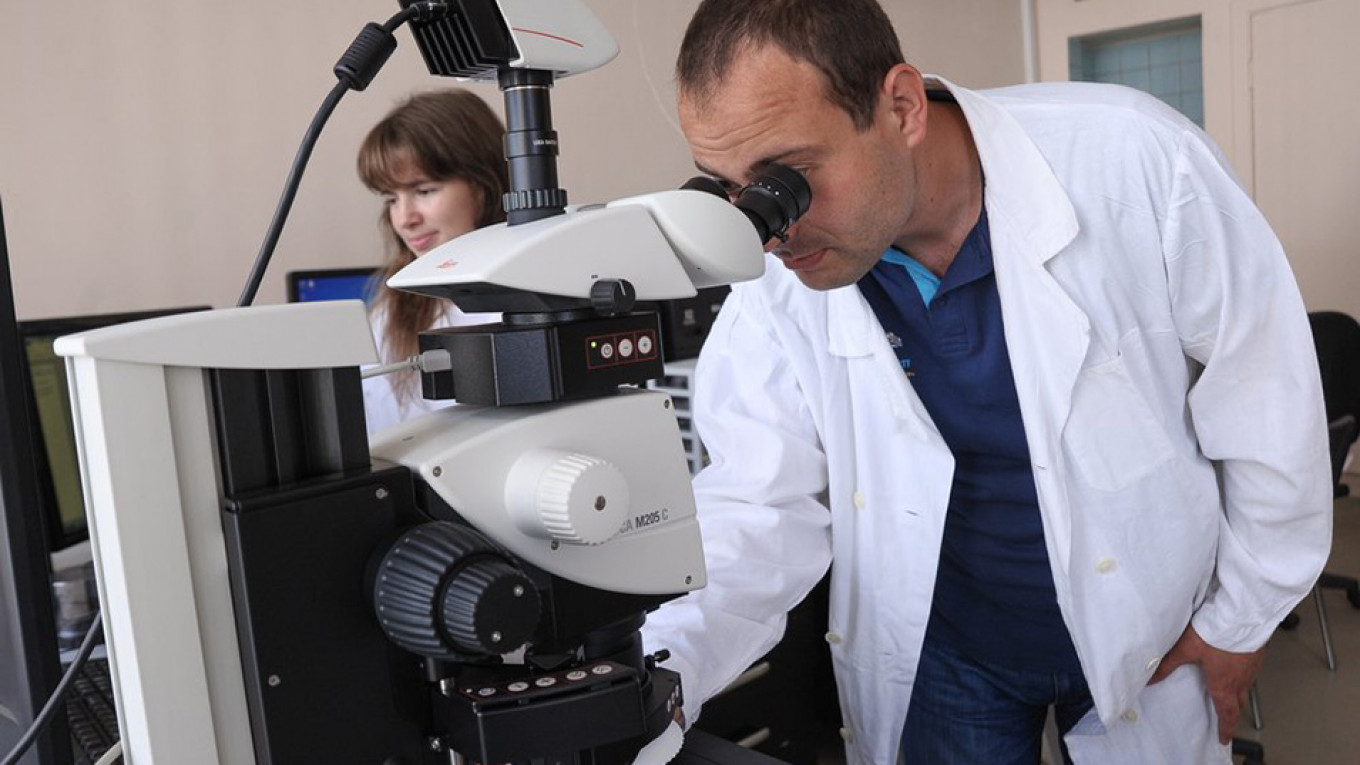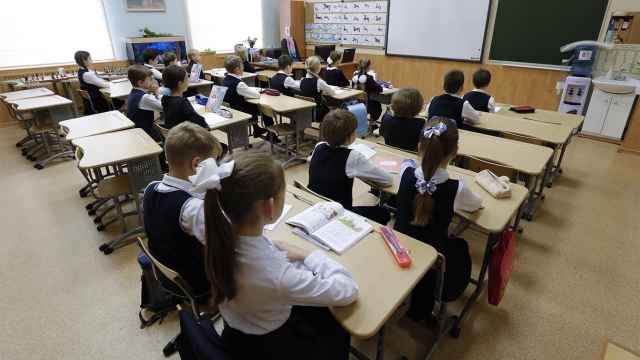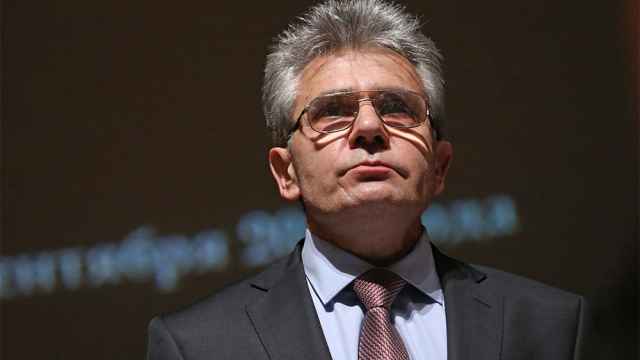Russian authorities have recommended for scientists to avoid communicating with their foreign colleagues, a prominent academic has complained in an open letter.
The Russian Science and Higher Education Ministry reportedly distributed a decree in July advising scientists to brief the ministry in detail about upcoming meetings with foreign counterparts and to seek approval from bosses to meet them outside of work. The decree comes against the backdrop of heightened tensions with the West.
“Such ridiculous and impossible orders won’t improve our country’s security but will only isolate it further,” Alexander Fradkov, a senior member of the Russian Academy of Sciences, wrote in an open letter published Tuesday.
The letter was carried by a regional scientific publications that also released copies of the alleged governmental decree.
“Creative and personal contacts with the world scientific community should be treated with care: They strengthen global stability and mutual understanding between the countries and, ultimately, our country’s security,” Fradkov added.
The academic urged Russian science and education minister Mikhail Kotyukov to recall or rewrite the decree and expressed hope that “those who drafted this half-baked order would be punished, not those who sought its cancellation by informing the public of its absurdities.”
The regulation “must have been written in the pre-internet era and was copy pasted from some Soviet KGB regulations,” an Agence France Presse reporter cited Fradkov as saying.
Foreigners are meanwhile banned from using cellphones, cameras, recording devices or even watches inside government scientific agencies unless their use is regulated in “Russia’s international agreements.”
A Message from The Moscow Times:
Dear readers,
We are facing unprecedented challenges. Russia's Prosecutor General's Office has designated The Moscow Times as an "undesirable" organization, criminalizing our work and putting our staff at risk of prosecution. This follows our earlier unjust labeling as a "foreign agent."
These actions are direct attempts to silence independent journalism in Russia. The authorities claim our work "discredits the decisions of the Russian leadership." We see things differently: we strive to provide accurate, unbiased reporting on Russia.
We, the journalists of The Moscow Times, refuse to be silenced. But to continue our work, we need your help.
Your support, no matter how small, makes a world of difference. If you can, please support us monthly starting from just $2. It's quick to set up, and every contribution makes a significant impact.
By supporting The Moscow Times, you're defending open, independent journalism in the face of repression. Thank you for standing with us.
Remind me later.






